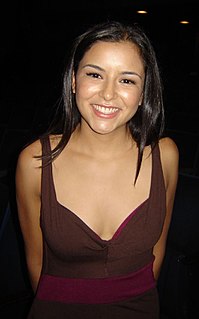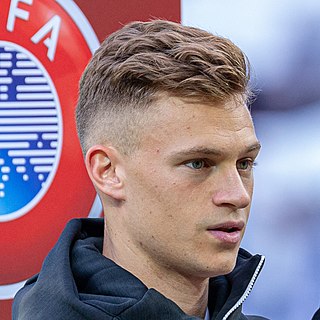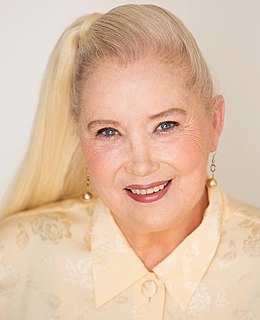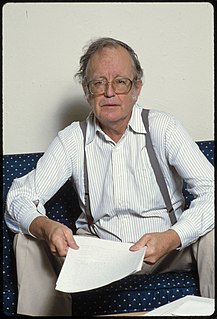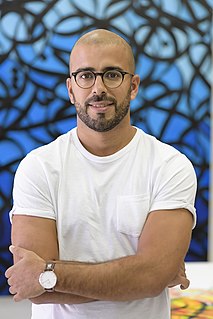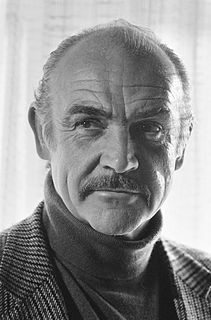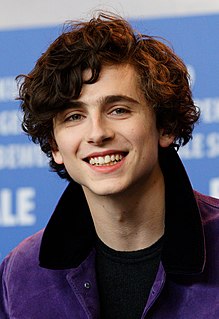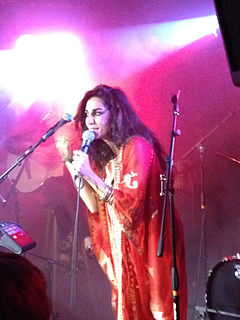A Quote by Rabih Alameddine
In school in Lebanon, we were not allowed to speak Arabic during breaks - it had to be French or English.
Related Quotes
I was born into a Turkish family that had acquired Italian citizenship. Many members of the family subsequently became British, French, Brazilian, and German, so there was a bit of everything. It was not uncommon for people in the family to speak seven languages: English, French, Ladino, Italian, Turkish, Arabic, and even Greek.
I couldn't know about my culture, my history, without learning the language, so I started learning Arabic - reading, writing. I used to speak Arabic before that, but Tunisian Arabic dialect. Step by step, I discovered calligraphy. I painted before and I just brought the calligraphy into my artwork. That's how everything started. The funny thing is the fact that going back to my roots made me feel French.
An important United Nations environmental conference went past 6:00 in the evening when the interpreters' contracted working conditions said they could leave. They left, abandoning the delegates unable to talk to each other in their native languages. The French head of the committee, who had insisted on speaking only in French throughout the week suddenly demonstrated the ability to speak excellent English with English-speaking delegates.
It's a common mistake for vacationing Americans to assume that everyone around them is French and therefore speaks no English whatsoever. [...] An experienced traveler could have told by looking at my shoes that I wasn't French. And even if I were French, it's not as if English is some mysterious tribal dialect spoken only by anthropologists and a small population of cannibals.




